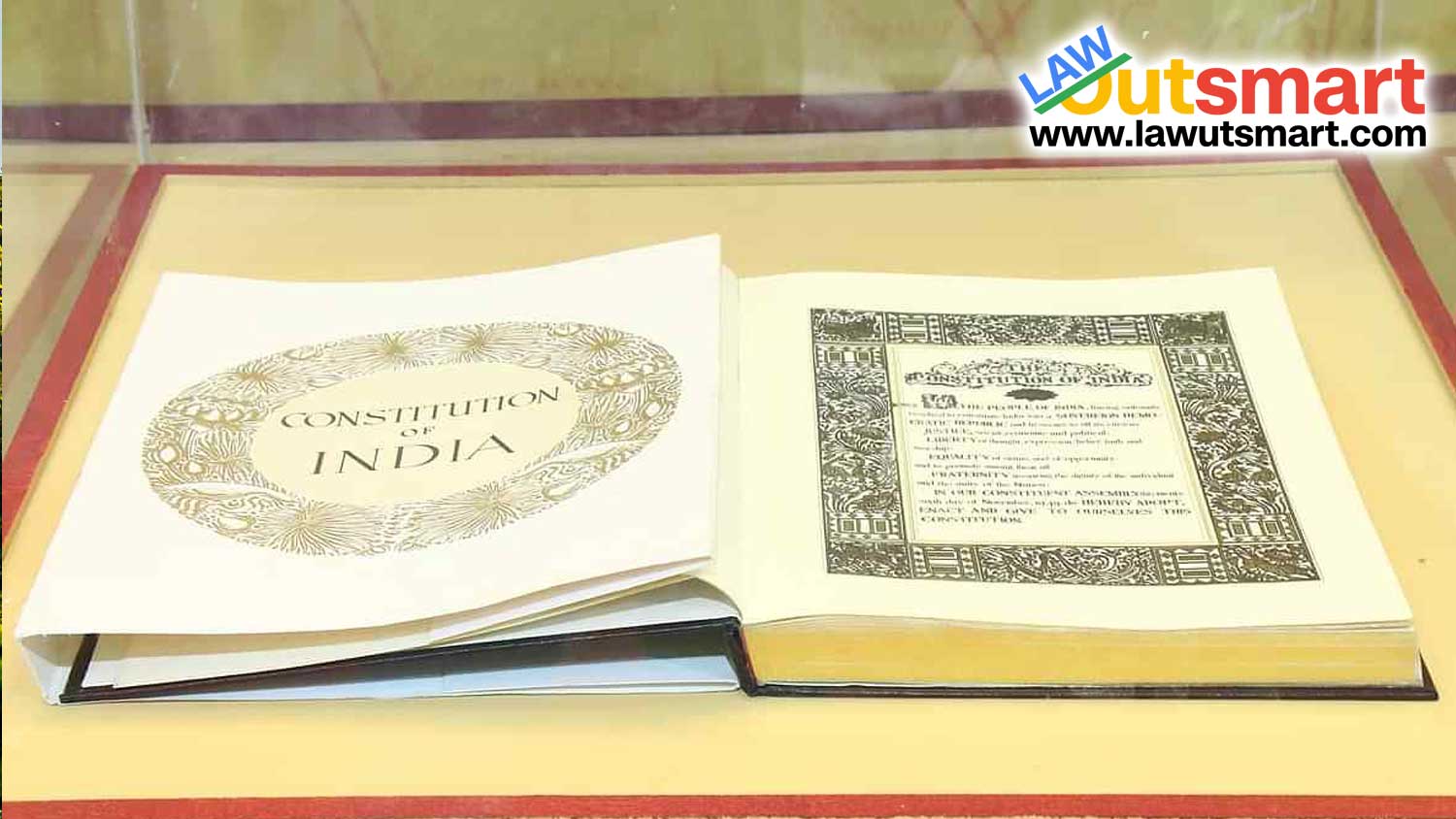The concept of the Golden Triangle refers to the conjunction of three pivotal Articles in the Indian Constitution: Articles 14, 19, and 21. Often cited collectively by jurists and constitutional experts, these Articles represent the cornerstone of fundamental rights granted to India’s citizens. They constitute the bedrock of civil liberties and play a central role in the socio-legal discourse of India. This article aims to dissect each aspect of the Golden Triangle, elaborating upon their interconnectedness, evolution through judicial interpretation, and their relevance in contemporary India.
The Three Vertices: Articles 14, 19, and 21
Article 14: Equality Before Law
Article 14 of the Constitution guarantees “equality before the law” and “equal protection of the laws.” This is a comprehensive mandate that bars discrimination based on race, gender, religion, or any other criteria and ensures that all individuals, regardless of their social or economic status, are subject to the same legal processes and judgments.
Article 19: Freedom of Speech and Expression
Article 19 provides for six freedoms, including freedom of speech and expression, freedom to assemble peacefully, and the freedom to practice any profession. These rights are, however, not absolute and are subject to reasonable restrictions.
Article 21: Right to Life and Personal Liberty
Article 21 is arguably the most expansive, stating that “No person shall be deprived of his life or personal liberty except according to a procedure established by law.” Over the years, the ambit of “life” and “personal liberty” has been expanded through various landmark judgments to include the right to dignity, education, and even clean environment.
Interconnectedness: The Triangle Comes Together
Though each Article addresses distinct rights, their effective exercise often depends on the interplay among them. For instance, the right to free speech (Article 19) can only exist in a society where individuals are assured of their life and personal liberty (Article 21) and are treated equally by the law (Article 14).
Evolution Through Judicial Interpretation
Expanding the Scope of Article 21
Indian courts have extensively interpreted Article 21. For example, the Supreme Court held in the Maneka Gandhi case that the ‘procedure established by law’ must be fair, reasonable, and just, thus integrating the concept of due process.
Interplay Between Articles
In several judgments, the judiciary has balanced the freedoms under Article 19 against the directives of Article 21. For example, in issues involving freedom of the press and individual privacy, courts have weighed the rights under these Articles to arrive at equitable decisions.
Equality and Social Justice
Article 14 has been instrumental in social justice cases, often in conjunction with Article 21. The courts have upheld affirmative action policies, ensuring that the mandate for equality translates into substantive, not just formal, equality.
Contemporary Challenges and Issues
Social Media and Freedom of Expression
With the advent of social media, the scope and restrictions of Article 19 are frequently questioned. While social media platforms provide an unprecedented platform for free expression, they also pose challenges concerning fake news, hate speech, and data privacy.
Gender Equality
While Article 14 aims to provide for equality, gender disparities remain. Issues like marital rape and unequal pay are yet to be entirely redressed through this Article, even though it serves as a crucial tool for activists and policymakers.
Data Privacy
Article 21’s mandate has been extended to include the right to privacy. However, with growing concerns about data breaches and surveillance, achieving this right in its fullness remains a significant challenge.
Landmark Cases
Kesavananda Bharati vs. State of Kerala
In this case, the Supreme Court emphasized that the fundamental rights are part of the “basic structure” of the Constitution, which cannot be amended away, thus ensuring the long-lasting integrity of the Golden Triangle.
Naz Foundation vs. Govt. of NCT of Delhi
In decriminalizing homosexuality, the Court relied heavily on Articles 14, 19, and 21, asserting that sexual orientation falls under the purview of personal liberty, equality, and freedom of expression.
Conclusion
The Golden Triangle serves as the constitutional bedrock upon which the democratic principles of India stand. Through an intricate tapestry of judicial interpretations, the scope of these Articles has expanded, continually adapting to societal changes. Nonetheless, the effective implementation of these rights still faces multiple challenges, especially in a rapidly changing world with evolving technologies and social norms. However, the eternal integrity of the Golden Triangle, fortified by legal precedents and constitutional safeguards, serves as an affirmation of India’s commitment to democratic ideals and human rights.

